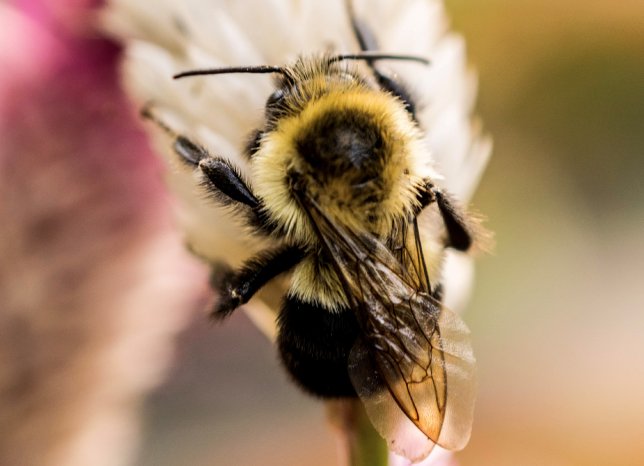This year a possible reason for the decreased honey crop might be bad weather especially the rainy and wet summer. As a consequence the necessity to feed bees would rise and care needs to be taken as bee feed must not end up in the actual honey, according to the honey regulation 2001/110/EC. If this happens the honey has to be considered adulterated and is not allowed to be marketed as honey any more.
Reduced honey crop also leads to increased prices for honey and therefore temptation to adulterate increases, endangering the quality and reputation of honey being a natural product.
The other huge and important reason of less honey crop poses the lack of forage plants for honey bees and other insects due to farming. Huge areas are covered by the same plants which provide an unfavorable and unattractive environment for bees and other insects. Additionally the risk of pesticide contamination (neonicotinoids) rises massively. This not only leads to pesticide residues in honey but also influences the reproduction processes of bees.
Furthermore the lack of forage plants may force honey bees to switch to other less preferred plants. The risk of collecting pollen and nectar from PA-containing plants rises and leads to residues of PAs in honey. Some PAs are regarded as potentially carcinogenic.
The worldwide service network of Tentamus laboratories and the Tentamus Global Centre of Excellence for Food Fraud contribute to provide authentic as well as safe food by detecting adulteration and contaminants.
Contact our experts to hear more about it.


